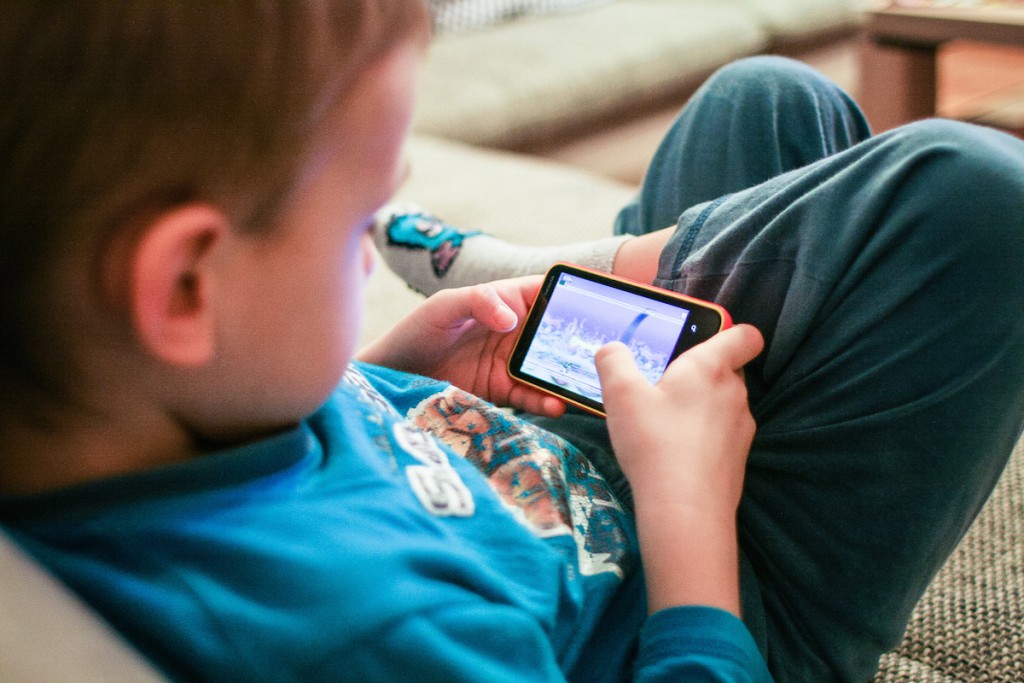Ballymena is a great place for children to grow up. The NSPCC shares lots of online advice for parents, adults and children about how to stay safe in lots of different situations. Here is their advice to help children stay safe when they are out and about.

It’s something every parent experiences. The day that their child starts asking if they can go out on their own or with friends. It’s just a natural part of their growing independence and, like every part of growing up, it can be a challenging hurdle for a parent to overcome.
Just like deciding when a child’s old enough to be left at home on their own, there’s no set age when you know it will be safe for them to go out without you. Obviously, toddlers and young children won’t be able to stay safe without you watching over them, and even older children have different levels of maturity. So some 11 year olds will be quite capable of going to the park or the shops on their own but others might not be ready to do this safely.
As well as thinking about how mature your child is for their age, the decision about whether you’re happy for them to go out alone will depend on where they’re planning to go. For example, going to the playground round the corner is very different to catching a bus to the local shops.
Because we all want our children to be as safe as possible, you really need to feel comfortable before letting them go out on their own. So some of the questions to ask yourself before you make up your mind are:
- where and when do they want to go?
- what do they want to do there?
- who’s going to be with them?
- how far away are they going?
- what time will they be back?
- how can I reach them?
Being aware of the risks outside the home
It’s a good idea to be aware of the risks that children out alone might face – just to check that you’ve considered ways to minimise them. Risks could include:
- getting lost
- danger from traffic
- bullying from other children
- stranger danger
- grooming
- running into gangs
- exposure to alcohol or drugs
It might seem like a scary list, but your guidance can help your child keep themselves safe. It’ll also help build their self-confidence and independence at the same time.
Always use your common sense and never assume that your child already knows what to do if they approached by a stranger or something else happens. Take time to talk to them and explain what they should do in an emergency. Children should always be safe and if you have any hesitations or worries about them being out on their own then make sure that you are close by. To visit the NSPCC website click here.





